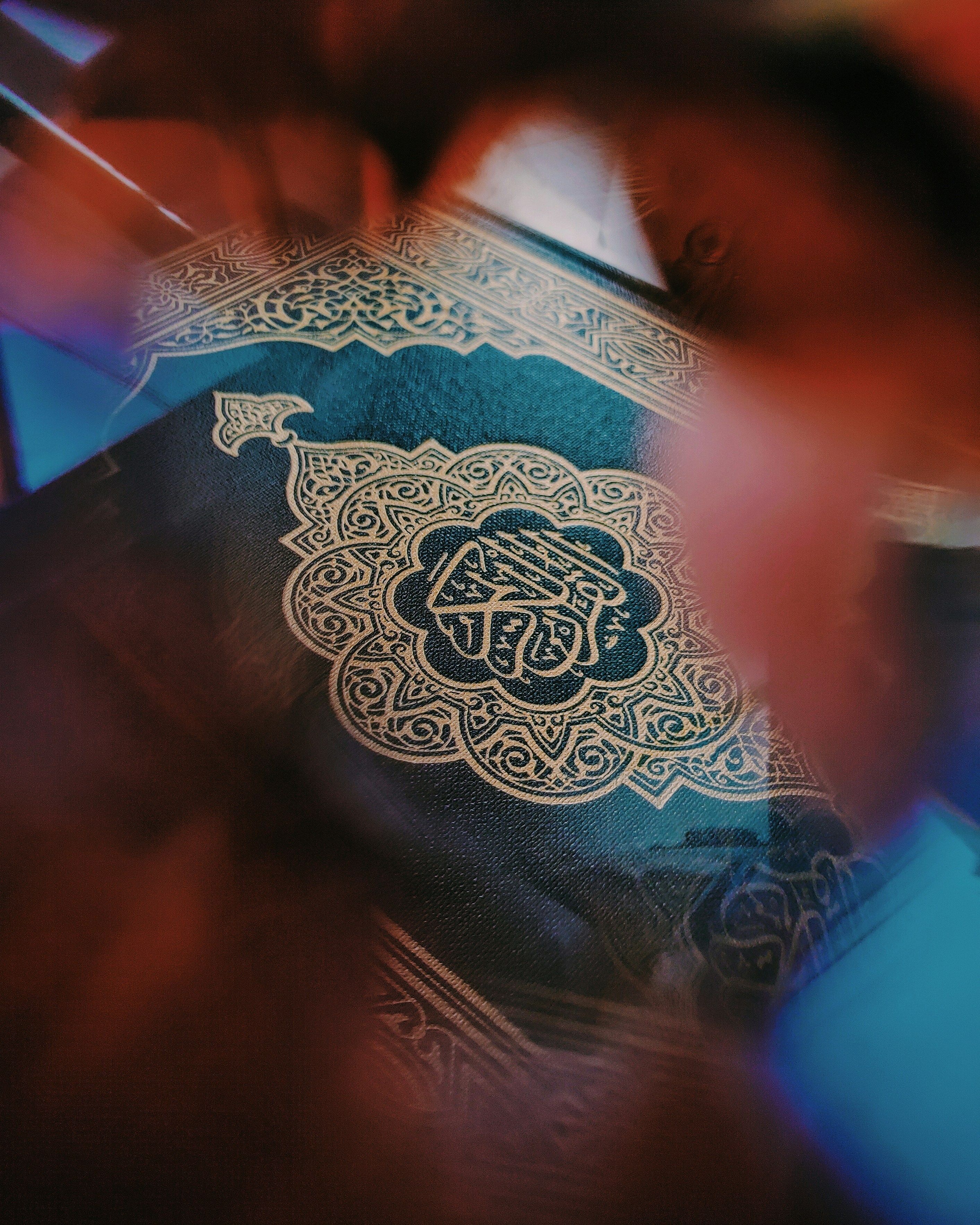
I am reminded of the very first revelation of the Qur’an, universally understood to be the first five verses in Chapter 96 which I translate as follows:
“Read (Iqra)! In the name of your Cherisher God (rabbika) Who created; created human beings out of love (alaq)! Read!! In the name of your Sustainer God Who is generous and noble (Akram), Who taught the use of Pen (tool to capture and preserve knowledge) and teaches humanity what it does not know (yet)!!” (The Qur’an, 96:1-5).
The name of the Qur’an itself is derived from same root word as read or recite. Yet another name regarding the Qur’an, repeated throughout the Qur’an itself, is that it is a Reminder (jikran) which implies revisiting knowledge (truth) through revelations that is already known or forgotten.
Knowledge is front and central to our faith and God’s gift of knowledge is the best gift that humanity has ever received. Adam and Eve were taught the names of things to begin the process of receiving knowledge, sharing knowledge and the deductive and inductive power of reasoning to create a constant evolution of knowledge, its understanding, its wisdom, and its application.
In the last one hundred years, the extraordinary rise of technology and science is a good example of the enormity of that expansive knowledge that God had promised in the very first revelation. At the same time the human condition is such that as we increased our knowledge in one area (science for example), we diminished (or forget) knowledge in other areas such as spiritual foundation and innate moral/ethical construct of our being, our soul. Part of these results from our overconfidence in the methodology of one area (again science) which we then apply to other areas without failing to understand that each method has its pros and cons and suitable for certain endeavors and not all. For example, it is easy to walk on land but hard difficult to walk on water and walking on the moon is exponentially more difficult, because normal walking on land is bounded by the earth’s gravity while walking in other environments require reviewing old assumptions under newer contexts.
Another challenge is generational uniqueness and traditional thinking. Traditionalism tends to over-emphasize past knowledge and practices and fails to contextualize the unique experiences and environments of a new generation. Old practices get grand-fathered in while new knowledge and newer environments challenge the application of old traditions. Proper respect for the newer generations’ ability to comprehend and apply old and new knowledge is fundamental to the continuous evolution of the human mind, body, and spirit. In this respect the following Hadith is worth noting.
Once the Prophet (ﷺ) was riding his camel and a man was holding its rein. The Prophet (ﷺ) asked, "What is the day today?" We (the companion) kept quiet, thinking that he might give that day another name. He said, "Isn't it the day of Nahr (day of sacrifice as in Hajj)?" We replied, "Yes." He further asked, "Which month is this?" We again kept quiet, thinking that he might give it another name. Then he said, "Isn't it the month of Dhul-Hijja?" We replied, "Yes." He said, "Verily! Your person, property and honor are sacred to one another like the sanctity of this day of yours, in this month of yours and in this city of yours. It is incumbent upon those who are present to inform those who are absent because those who are absent might comprehend (what I have said) better than the present audience." (Bukhari, Vol 1, Book 3, Hadith 67)
This openness allows room for the newer generation to comprehend knowledge, in ways that are different (possibly even better) than the past, and something that all religious traditions can benefit from. Certainly, those of us who follow the teaching of Prophet Mohammad should embrace without hesitation and offer encouragement to the newer generations to think differently, question things and reevaluate old assumptions under newer contexts.

